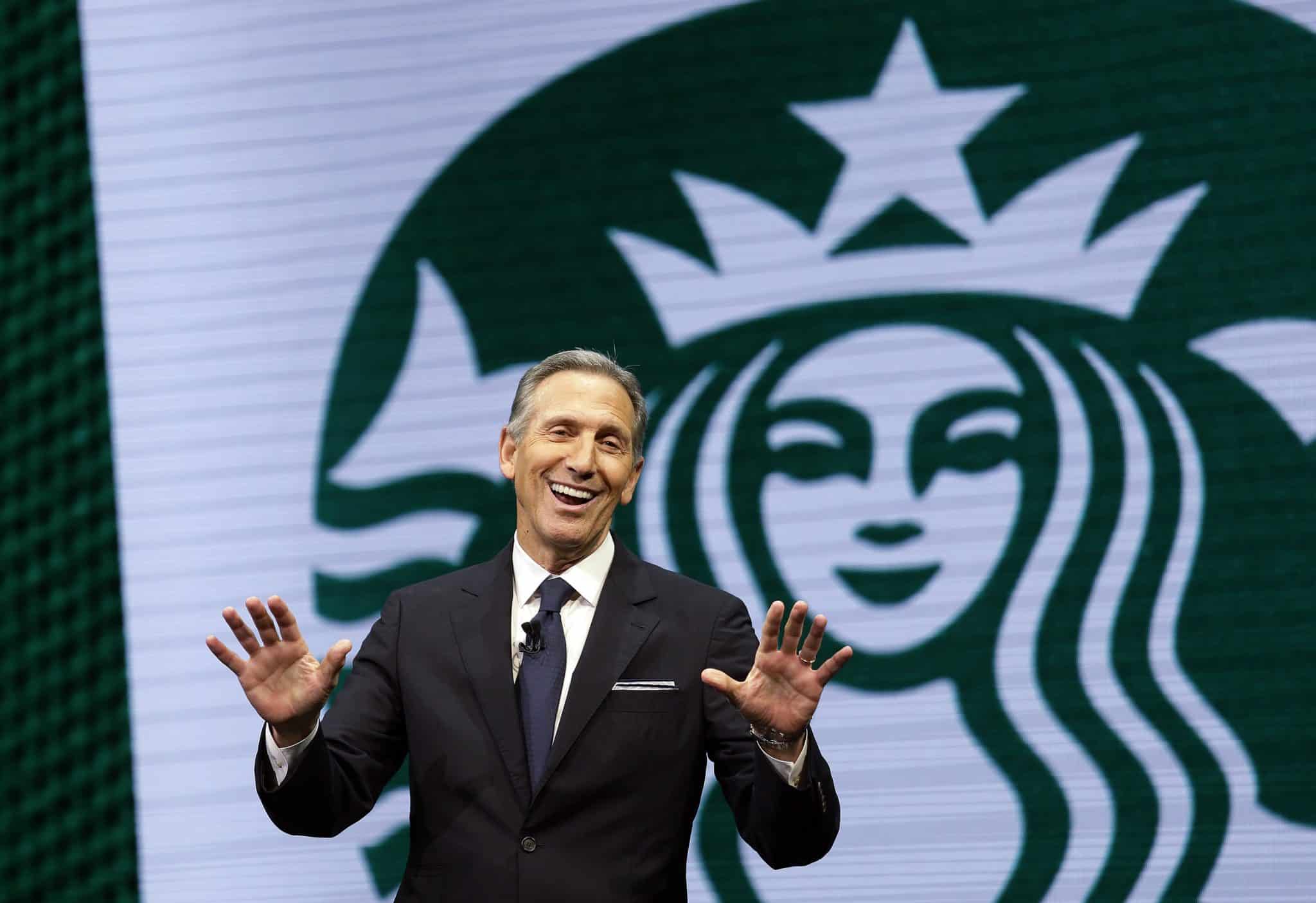Business
Starbucks’ Howard Schultz denies chain is against unions.
In his most pointed public remarks regarding the ongoing conflict between labor unions and the coffee giant in the US, former Starbucks CEO Howard Schultz denied union bashing.
In his most pointed public remarks regarding the ongoing conflict between labor unions and the coffee giant in the US, former Starbucks CEO Howard Schultz denied union bashing.
Published
2 years agoon
By
GhMediaHub
In his most pointed public remarks regarding the ongoing conflict between labor unions and the coffee giant in the US, former Starbucks CEO Howard Schultz denied union bashing.
Labor officials have discovered time and time again that the company’s conduct, including dismissing employees in the wrong, violated federal legislation.
Mr. Schultz, who resigned as CEO this month, was asked to testify before Congress and address the findings.
He “categorically” refuted the allegations.
According to those charges, Mr. Schultz said Starbucks had not broken the law, adding that the legal battles were still ongoing.
Republicans mainly refrained from criticism, while Democrats disputed Mr. Schultz’s claims that the business was upholding workers’ rights.
Senator Chris Murphy compared it to someone receiving 100 speeding tickets and claiming they had never broken the law because “every single time, the cop got it wrong.” “That wouldn’t be a credible claim.”
More than a year after baristas at a Starbucks in Buffalo decided to unionize, more than 270 outlets, representing 7,000 individuals, followed suit. This led to the two-hour hearing in Washington.
Starbucks has vehemently criticized the ad, which has ignited a discussion about capitalism and inequality and could potentially damage the company’s standing as a progressive employer.
Judge: 1. Starbucks illegally dismissed employees for joining a union
2. I was fired from Starbucks for being three minutes late.
The company’s longtime CEO, Mr. Schultz, who took over again as CEO last year, defended the company’s practices by claiming that the union only represented a small portion of the company’s more than 9,000 US stores and that the company had a right to share its preference for having a “direct relationship” with its employees.
He claimed that the business provided outstanding perks, like average hourly salaries above $17, access to health insurance, financial aid for college, and stock awards.
We don’t need a union since it’s unprecedented, he remarked. Are you aware of a union contract that offers those benefits? Mr. Schultz, who is still a member of the Starbucks board, questioned lawmakers later.
The session became contentious as Mr. Schultz, who grew up in subsidized housing and has toyed with the idea of running for president and reacted angrily to claims that he was a cruel “billionaire”?
He said, “I began from nothing,” and added that he had worked for his estimated $3.7 billion wealth. “It’s unjust,”
Democrats challenged Mr. Schultz to explain why the firm and union members have not yet reached a contract agreement and why he had declined to extend raises and other benefits given to non-union employees last year.
He claimed that despite numerous meetings and a willingness to bargain, the corporation refused to do so using video conversations because it was concerned it might be unable to verify who was taking part.
He claimed that during negotiations, the business was not required to offer benefits and did not want to negotiate a deal “piecemeal.”
Republicans called the meeting, which was called by Senator Bernie Sanders, a “smear campaign” and centered their questioning on whether labor regulators were biased against the company.
Senator William Cassidy of Louisiana, a Republican, stated, “Let’s not kid ourselves – this is not a fair and objective hearing. I am not here to defend Starbucks. I have my questions about the alleged misbehavior.
After Mr. Schultz’s two-hour speech, a panel featuring campaign employees was held.
Source: BBC News
